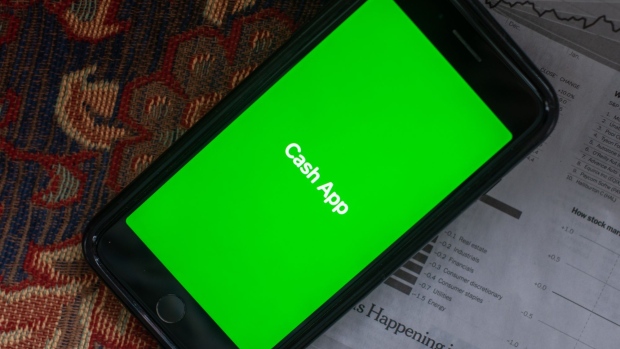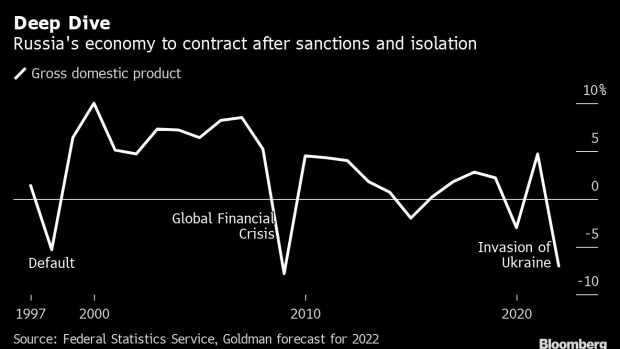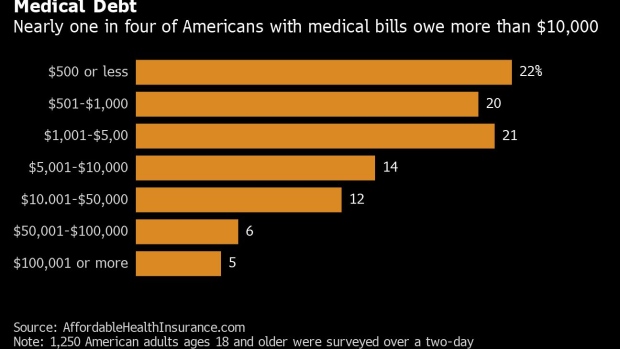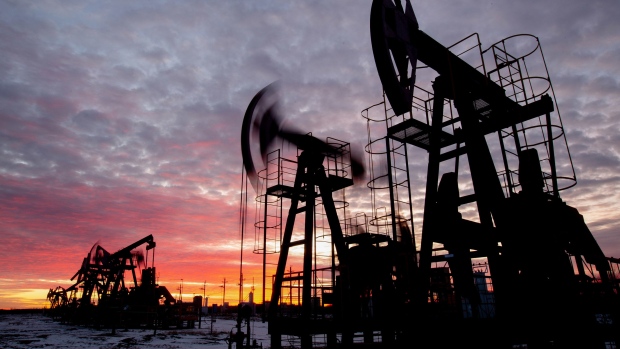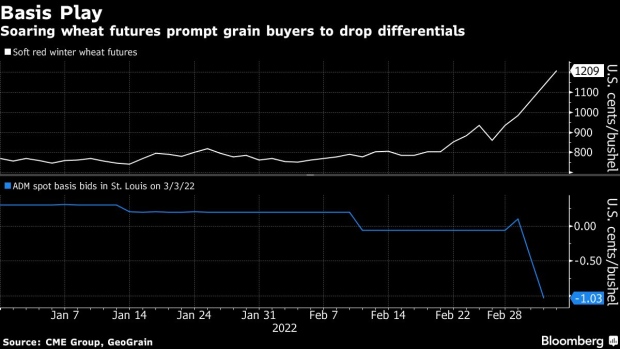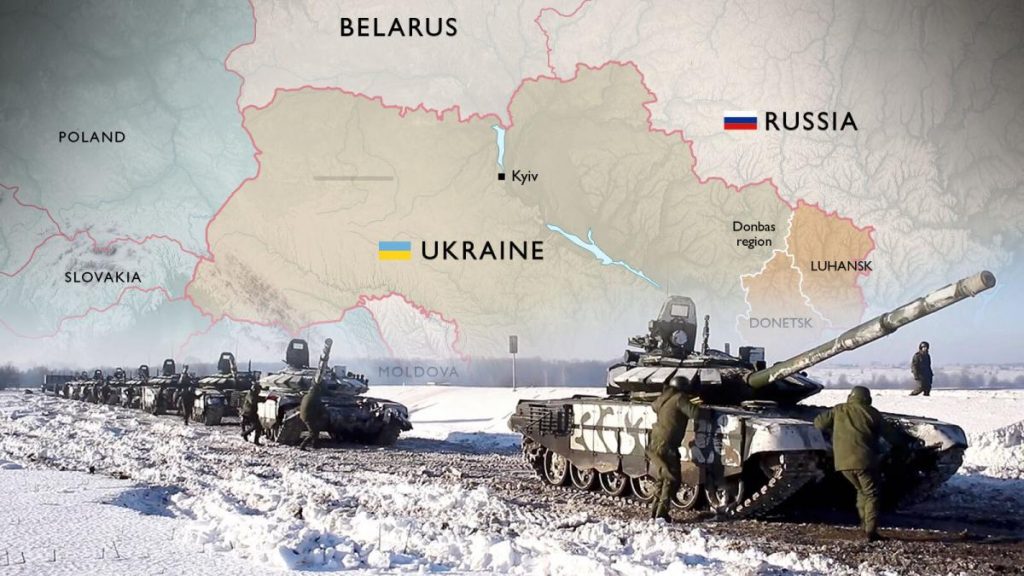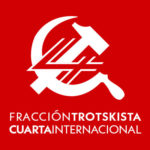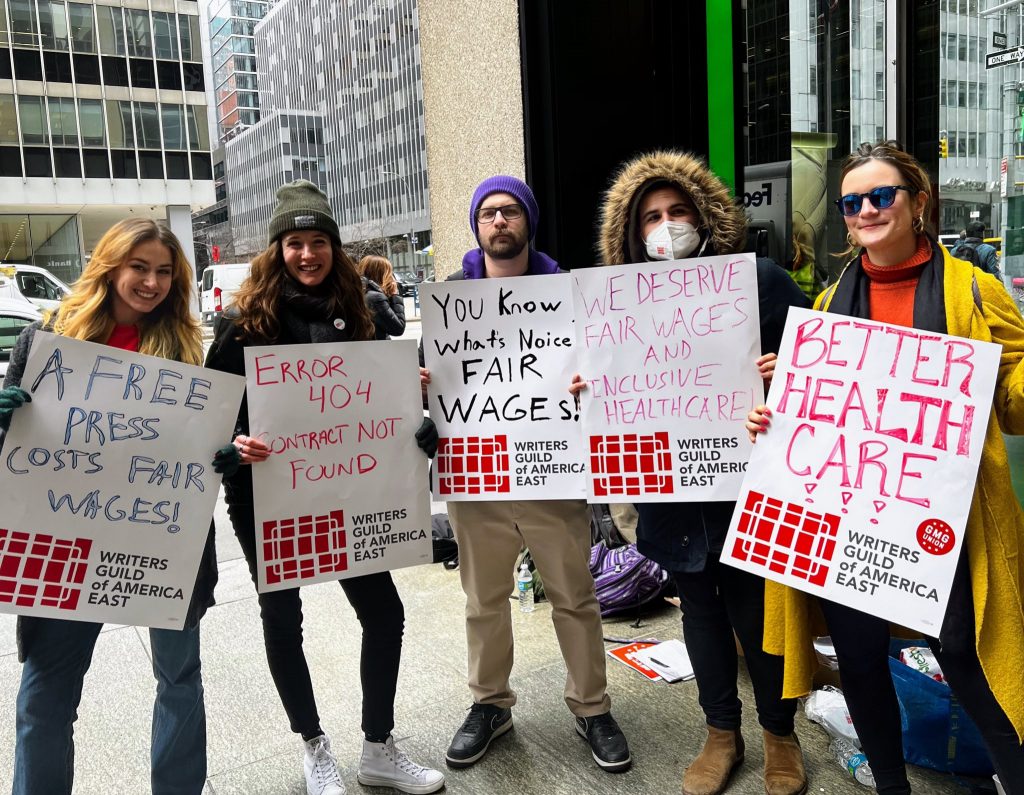(Bloomberg) -- The international isolating of Russia is leaving local businesses flailing as foreign firms head for the exits, helping to drive the economy deeper into recession.
Besieged by international sanctions over President Vladimir Putin’s invasion of Ukraine, the world’s 11th-largest economy is suffering a rash of departures by multinational companies in industries as varied as car manufacturing, sporting goods and consumer appliances.
For those firms’ erstwhile Russian partners, the only choice is to retool on the fly in the hope of staying in business. Ikea, Renault SA, Apple Inc., Nike Inc. and Royal Dutch Shell Plc are among those to have pulled back.
At risk of losing employment are nearly 3 million Russians who work either for companies based abroad or domestic companies in joint ventures with counterparts overseas.
For billionaire Oleg Deripaska, himself under U.S. sanctions since 2018, the plight is already dire enough to recall Russia’s 1998 default -- only “three times” worse.
Gross domestic product contracted 5.3% in 1998 while unemployment exceeded 13% the following year. But Goldman Sachs Group Inc. and JPMorgan Chase & Co. see a 7% shrinkage of 2022. Bloomberg Economics forecasts a fall of about 9% and say it could be as much as 14% if curbs on energy exports are imposed.
“The crisis will last a minimum of three years and be extremely harsh,” Deripaska said on Thursday at a forum in the Siberian city of Krasnoyarsk. “An iron curtain has fallen.”
The grim truth is that although Russia wasted no time in seeking to contain the creeping financial meltdown with capital controls and other emergency measures that shuttered local markets, the devastation it inflicted upon its economy has no quick fix.
Ikea is pausing its local operations after a more than two-decade presence, a decision it expects will directly impact its 15,000 staff. Top carmaker Avtovaz, majority-owned by Renault SA and an employer of over 34,000, suspended assembly in two cities after running short of components.
Retailers are meanwhile stocking up on staples like buckwheat and salt. VTB Group, Russia’s second-biggest bank that’s among lenders under international sanctions, said it lured more than half a million new savers and near $9 billion in cash in just three days by offering deposit rates as high as 21%.
Despite soaring oil prices, the war in Ukraine came at a precarious moment for the Russian economy, long starved of investment and highly dependent on imports in industries as varied as textiles and cosmetics.
Over the past four years, the share of foreign goods in the non-food retail market barely budged and reached 75% in 2020, according to a report last November by the Higher School of Economics in Moscow. For car parts as well as toys and games, their proportion was over 90%, the study found.
Even after a government push to sanction-proof Russia since Putin’s annexation of Crimea in 2014, the sudden decoupling from the world economy is paralyzing production and threatening to stunt growth for years to come.
The ruble’s collapse of more than 30% so far this year will further ravage household finances while shortages and the uncertainty push up inflation.
“No bleak scenario will be an exaggeration,” said Sofya Donets, chief economist at Renaissance Capital in Moscow. “Inside the country, payment settlement and logistics haven’t been disrupted, but prices have gone up and inventories will be depleted in a month or two.”
Without government support, unemployment could exceed 10%, according to Donets, reaching a level last seen when Putin won his first presidential term more than two decades ago. The jobless rate was 4.4% in January.
The central bank is though tightening the screws further having already doubled borrowing costs. In the latest move, individuals looking to buy hard currency in the open market will have to pay a 12% commission to brokers.
For all its reliance on foreign goods, Russia is more resilient after turning itself from one of the world’s major food importers to an exporter on a global scale. Restrictions enforced in response to the first round of sanctions eight years ago have also made its own food supply far less dependent on foreign produce.
Still, the nation may never be the same in the view of Deripaska, the founder of Hong Kong-listed aluminum giant United Co. Rusal International PJSC. and the target of U.S. sanctions.
Urging peace as the “first step” for an economy succumbing to crisis, he said Russia needs to pivot more decisively away from Europe and called for the country’s capital to be moved eastward to be nearer Asia.
“That’s our bullheaded focus on the West -- well, they don’t want us, we must forget them already,” he said.
(Bloomberg) -- As the world continues to isolate Russia for its invasion of Ukraine, U.S. and European retailers have been rapidly shutting down operations across Russia. This has sent scores of Russians racing to buy imported consumer goods over fears of a plunging ruble and sanctions.
Companies that haven’t yet joined the ban are drawing ire across social media, with hashtags #BoycottMcDonalds and #BoycottCocaCola trending on Twitter. Last year, McDonald’s Corp. generated about 9% of its revenue from Russia and Ukraine, and Coca-Cola Co.’s Swiss-based bottler, Coca-Cola HBC AG, got about 21% of its volume from Russia and Ukraine.
Here is a roundup of businesses that have paused products and closed up shop.
Apple
After Ukraine Vice Prime Minister Mykhailo Fedorov tweeted a letter to Apple Inc. Chief Executive Officer Tim Cook on Feb. 25, pleading with the tech giant to pull out of Russia, Apple closed stores and paused product sales in the country. It hasn’t yet shut down its local App Store.
Asos
Fast-fashion retailer Asos Plc said that it was halting sales in Russia. In 2021, Russia and Ukraine accounted for around 4% of sales revenue. The company suspended sales in Ukraine following the invasion.
Boohoo
Swedish clothing chain Boohoo Group Plc has suspended operations in Russia.
Burberry
British fashion house Burberry Group Plc has halted shipments to Russia, but still has stores open in the country.
Electronic Arts
Video-game publisher Electronic Arts Inc. has announced it’s stopping the sales of games, content and virtual currency bundles in Russia and Belarus.
Hermes
French luxury brand Hermes International said it will temporarily close its stores in Russia and pause all commercial activities.
H&M
Swedish clothing retailer Hennes & Mauritz AB has temporarily paused sales in Russia, where the retailer has 155 stores. According to its 2020 year-end report, Russia is the company’s seventh-largest market.
Ikea
On March 3, home-furnishing giant Ikea announced that it was pausing all Ikea-brand retail operations in Russia, export and import in and out of Russia and Belarus, and deliveries from sub-suppliers. For the 15,000 employees affected, it said it was seeking to provide “income stability” for the short term. A statement on the Ikea Russia website said it was suspending sales in stores and online immediately, and that only orders placed and paid for before March 3 will be fulfilled. The company added that its MEGA Family Shopping Centres, which are shopping malls with grocery stores and pharmacies, will be kept open.
LVMH
French luxury group LVMH SE is temporarily closing its 124 stores in Russia, AFP reported. The company has 3,500 employees in Russia, according to WWD.
Mango
Spanish fashion retailer Mango is closing its 55 company stores in Russia, suspending online sales and stopping deliveries to the country. Its 65 franchisees are being allowed to remain open subject to product availability. The company has 800 employees in Russia, according to Reuters.
Nike
Footwear giant Nike Inc. is temporarily closing company-owned and operated shops in Russia, but the company told Bloomberg it will continue to pay store employees during the closures. It is also halting e-commerce sales in the country.
Swatch
Swiss watch company Swatch Group AG told Bloomberg it will be closing its stores in Russia.
Under Armour
Sports apparel company Under Armour Inc. has stopped all shipments into sales channels in Russia.
©2022 Bloomberg L.P.
